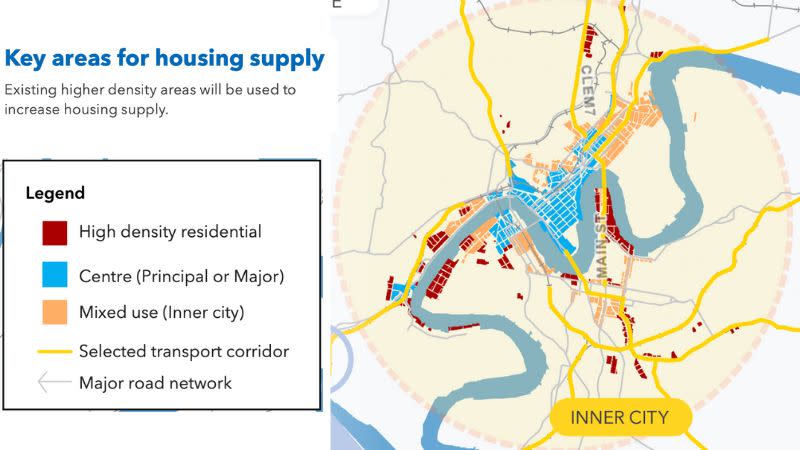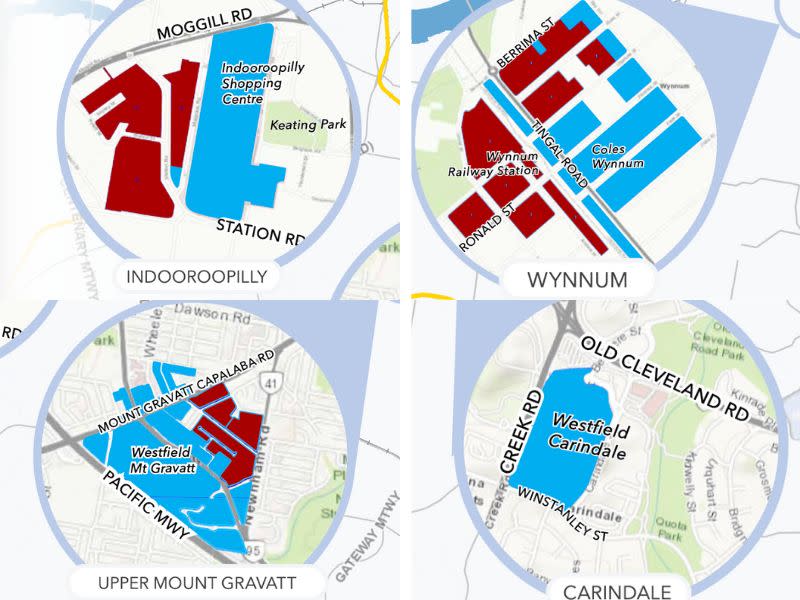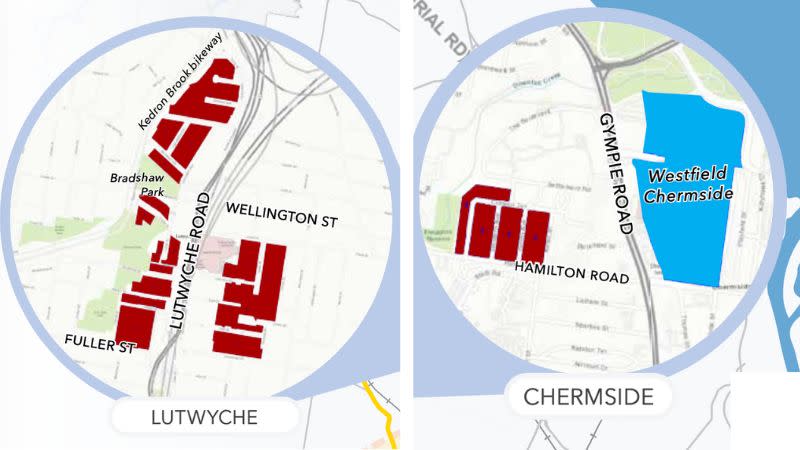Resources
Newsletter
Stay up to date and with the latest news, projects, deals and features.
Subscribe
Height restrictions are being relaxed and infrastructure charges waived in a bid to combat the ever-tightening housing market in Brisbane.
Brisbane City Council announced plans to lower infrastructure charges by 75 per cent on build-to-rent and build-to-sell apartments with approvals from January 2022 in selected areas.
To access the incentive, these properties would have to be built within four years of this announcement and a 50 per cent discount would be provided to developments approved from September 1, 2023 onwards.
The council was also introducing anti-sprawl initiatives by relaxing height and carparking requirements in inner-city and designated areas near shopping centres.
In the past three years 35,000 people moved to Brisbane, however, only 724 apartments were completed in 2022. This was an 80 per cent decrease in the city’s usual output which was about 4000 apartments a year.
Meanwhile the number of rental properties declined by 9500 and the rental vacancy reached 1 per cent.
Lord Mayor Adrian Schrinner said this was the right thing to do with the limited levers council has to help solve the housing crisis.
“We’re going to need about 8500 new homes a year to meet this demand, according to the state government’s draft South East Queensland Regional Plan,” Schrinner said.
“Yet the development and construction industries are currently falling well short of that due to increasing costs, supply-chain disruptions and labour shortages, creating a perfect storm that’s led to the housing crisis.”

“With 96 per cent of all homes built by the private sector, clearly government alone can’t solve this crisis,” Schrinner said.
“To get things moving, we’re incentivising industry to build new homes by reducing infrastructure charges for eligible projects.”
Property Council of Australia Queensland executive director Jen Williams said infrastructure charges form a major component of the cost of delivery of new homes.

“It has never been harder or more expensive to deliver new homes in Queensland, which is reflected in the drop off in the number of dwellings approved, under construction or completed in recent years,” Williams said.
“An alarming number of projects have been placed ‘on-hold’ indefinitely, as the cost of delivery has rendered countless housing proposals unfeasible.”
There was also a 100 per cent permanent and ongoing reduction in infrastructure charges for registered community housing providers.

Brisbane Housing Company chief executive Rebecca Oelkers said this was a game-changer.
“We congratulate Brisbane City Council for the leadership they are showing, in using the levers at their disposal to attract and promote investment into diverse and affordable housing across the city,” Oelkers said.
“Relief from infrastructure charges shifts the dial for community housing developments and will directly result in new homes being delivered to assist Brisbane residents in housing need.”